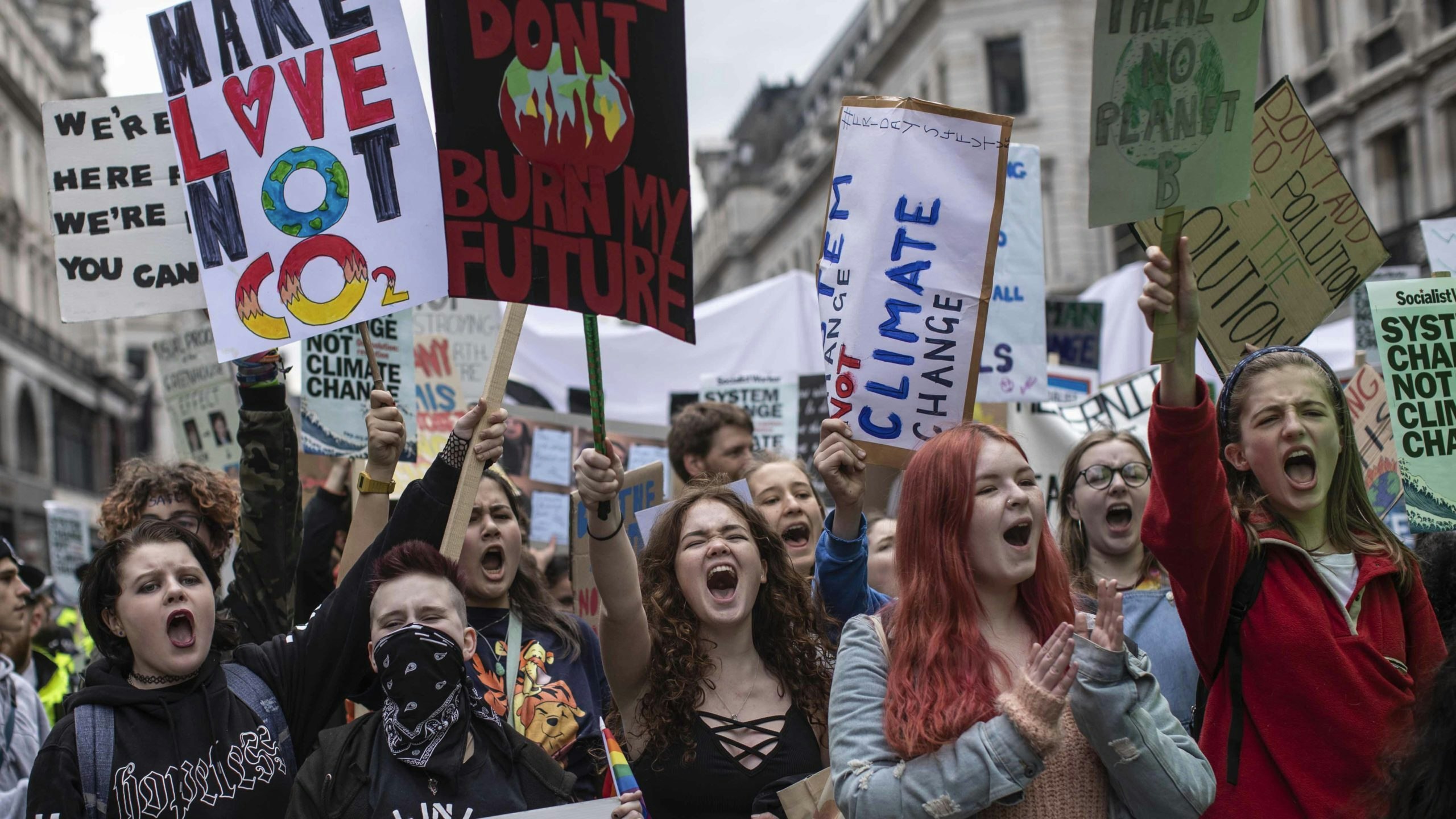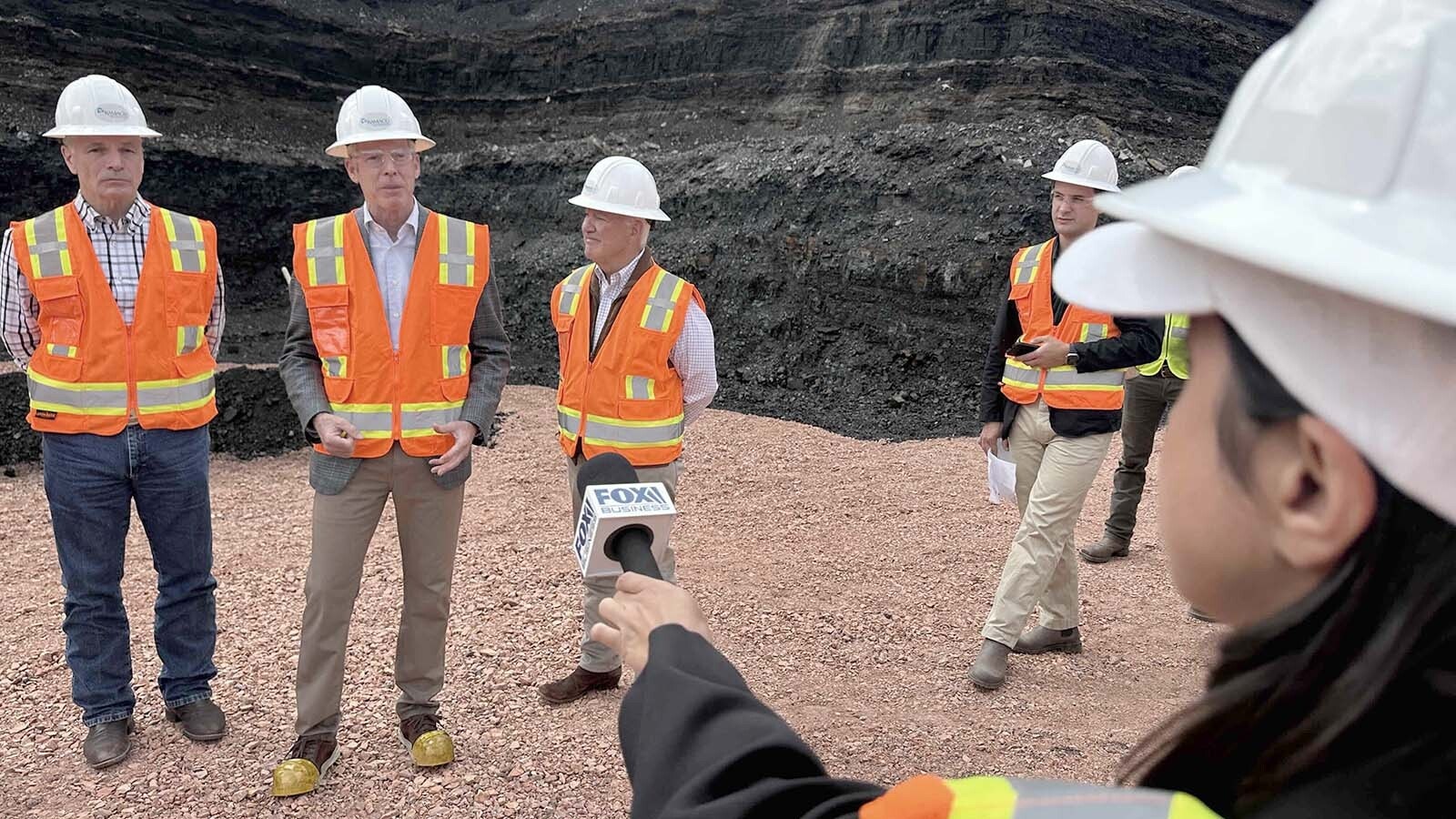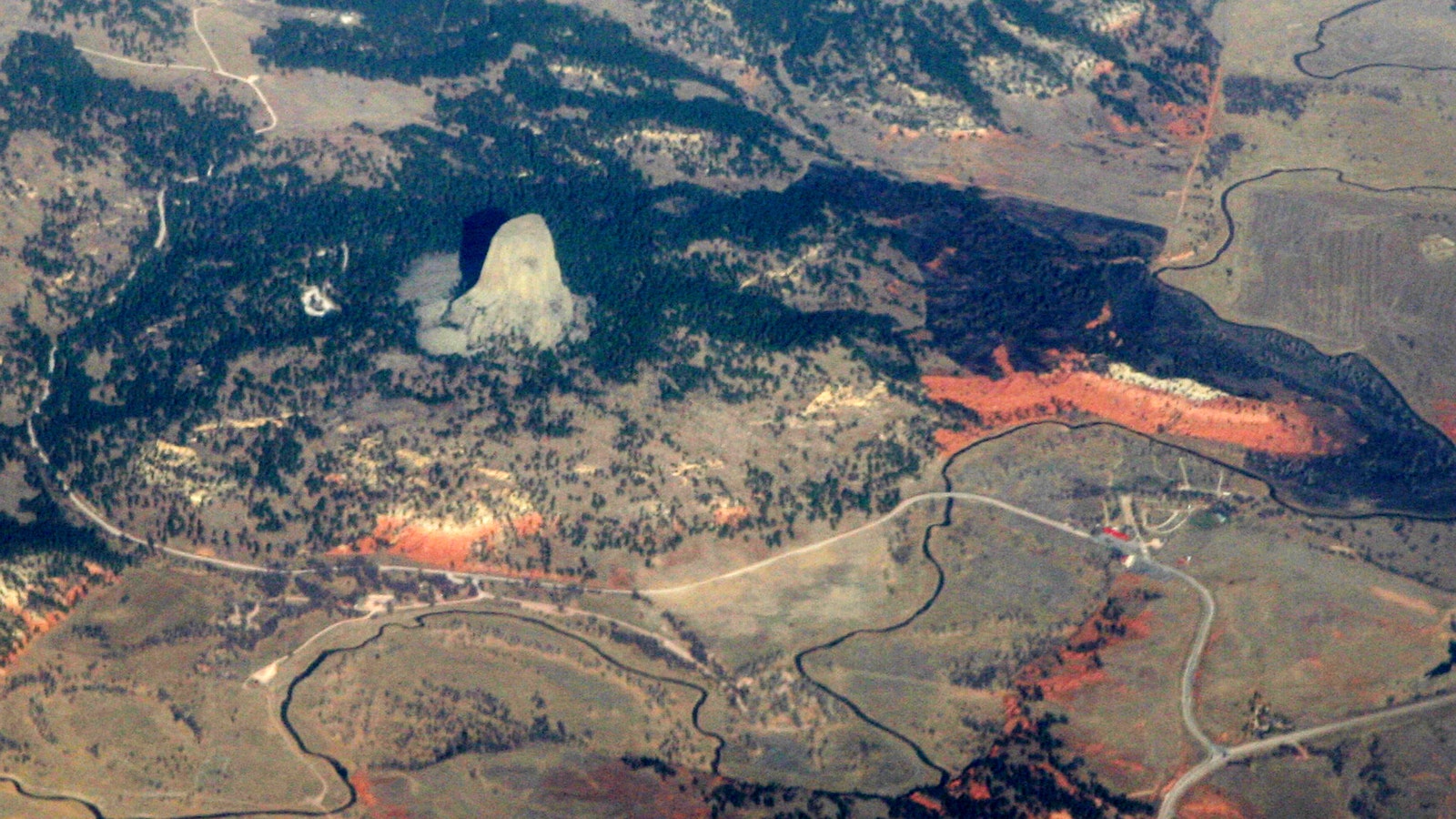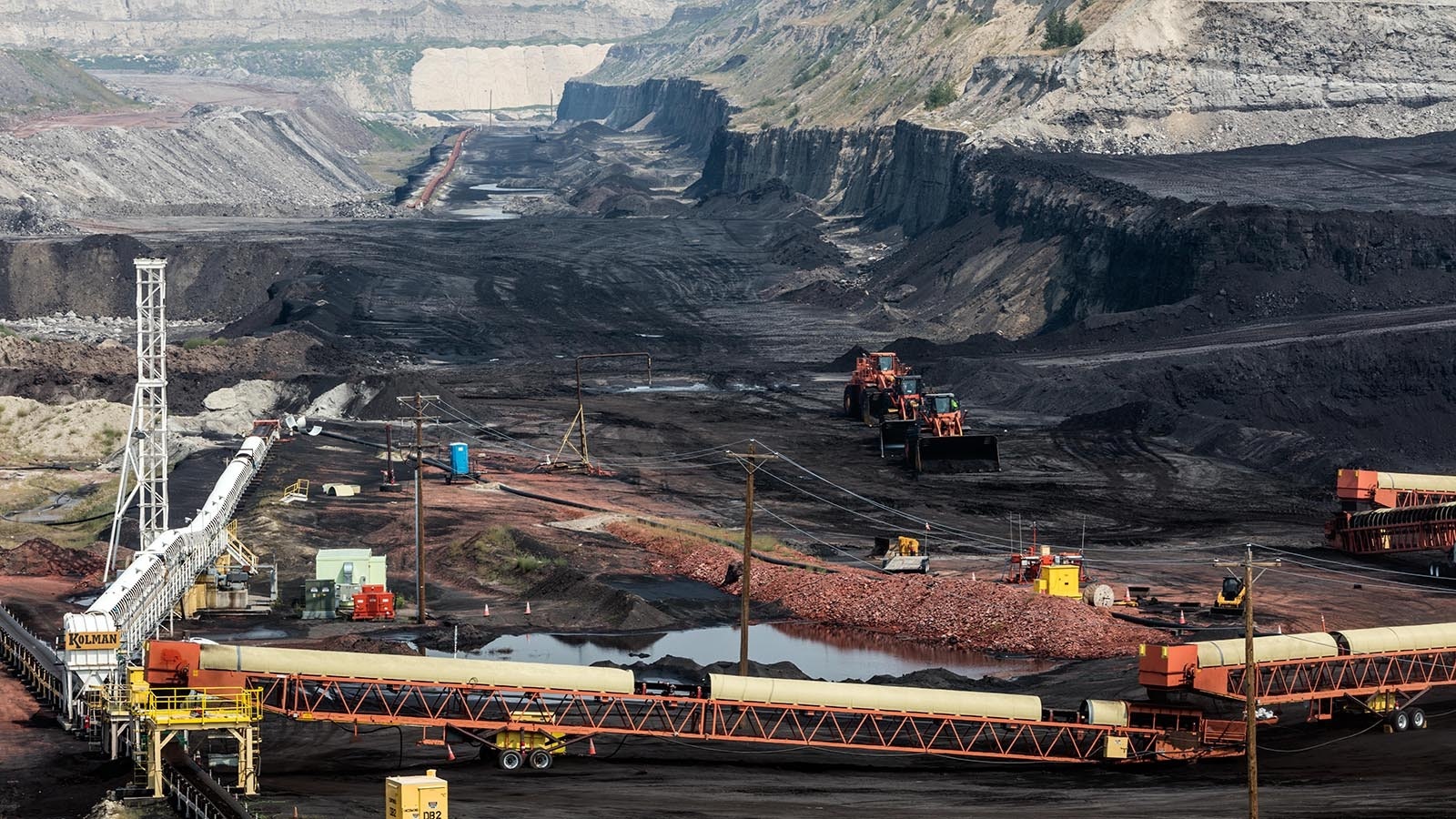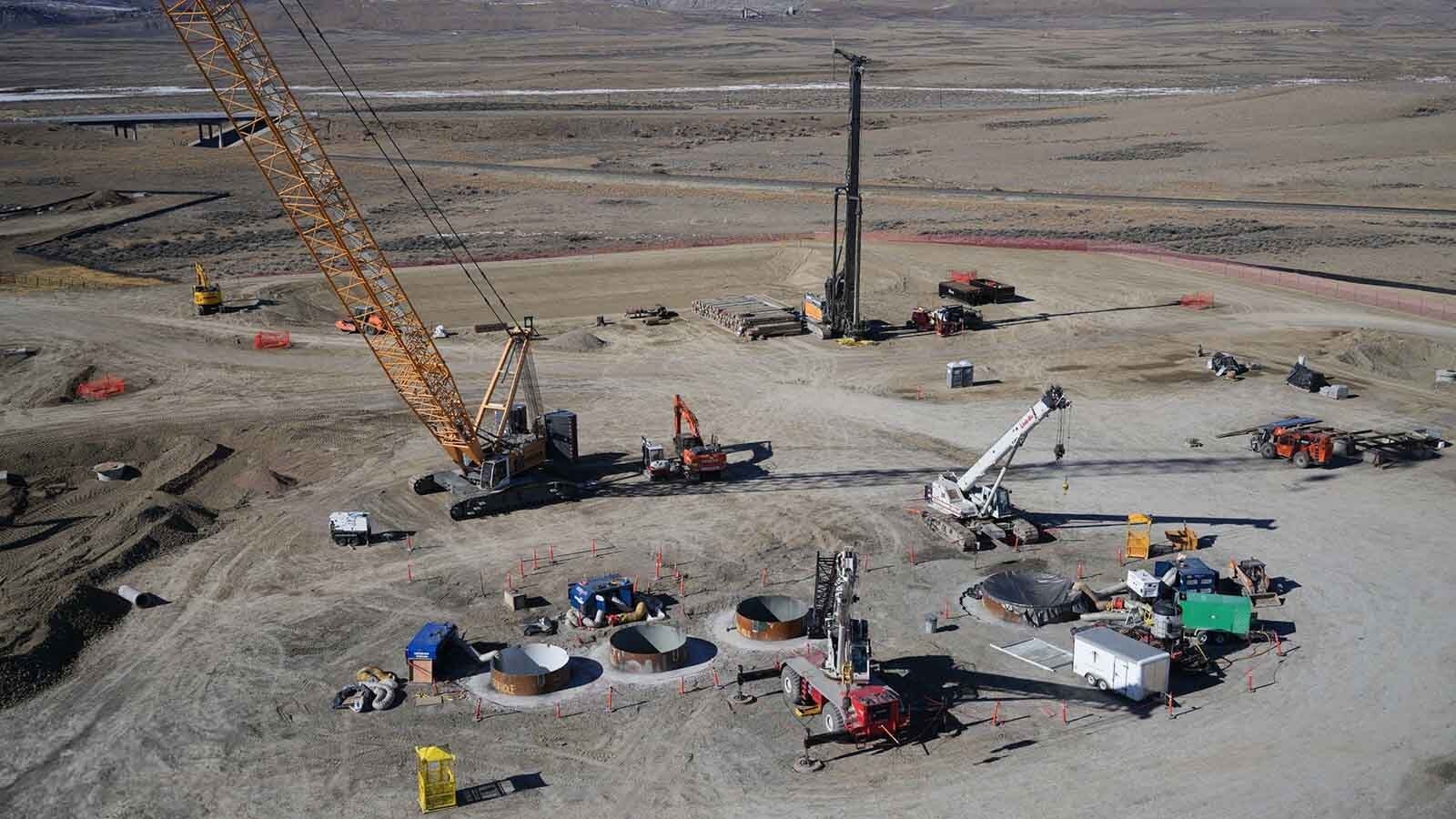A judge in the Third District Court of Utah has dismissed a lawsuit by a group of teen plaintiffs who claim the state of Utah is violating their rights by allowing fossil fuel production.
Our Children’s Trust, which represented the young plaintiffs in their action, has launched lawsuits and petitioned government agencies across the country on behalf of the children they represent in an effort to eliminate fossil fuel production. Next year, the group has a hearing scheduled in the First Judicial District Court in Helena, Montana.
In 2011, the group petitioned the Wyoming Department of Environmental Quality, demanding the agency limit carbon dioxide emissions from fossil fuels to maintain atmospheric levels at 350 parts per million. The petition argued the state, by allowing fossil fuels to be produced, was threatening the “health, well-being and survival” of children.
The department rejected the petition on the basis that Wyoming law doesn’t grant the DEQ authority to regulate greenhouse gasses.
Valid Concern
In dismissing the lawsuit against Utah, state District Court Judge Robert Faust said the teens have “a valid concern,” but they were raising issues that fall under the authority of the legislative branch.
“Striking down the Legislature’s fossil fuel policies would be contrary to our constitutional system and violate the separation of powers,” Faust wrote in his ruling.
In a statement on the ruling, lawyers for Our Children’s Trust said they would appeal.
“The state of Utah cannot substantially reduce the lifespan of Utah’s children without violating their constitutional right to life. And that’s exactly what is happening here: through the permitting and promotion of fossil fuels, the state government is damaging these children’s lungs and taking years off of their lives,” Andrew Welle, senior staff attorney at Our Children’s Trust and co-counsel for the youth plaintiffs, says in the statement.
Cowboy State Daily reached out to Our Children’s Trust to get more details on how the children’s survival was threatened by climate change but didn’t immediately receive a response.
The group’s lawsuit claims that extreme weather and air pollution were the main risks the children faced.
In the lawsuit against Utah, the teens cited flood events that caused damage to some of their homes. The lawsuit also cites “exceptional drought,” which it claims is driven by climate change, as another impact the kids are suffering.
IPCC On Extreme Weather
While pollution negatively impacts health, life expectancy has more than doubled in the past 200 years, despite exponential increases in fossil fuel use. Likewise, over the past 100 years deaths from climate-related events have declined by 98%, according to the International Disaster Database, the foremost source on this type of data.
Roger Pielke Jr., professor of environmental studies at the University of Colorado Boulder, has published numerous peer-reviewed studies on the impacts of climate change. Pielke explains on his Substack how the International Panel On Climate Change, a consortium of the world’s leading climate scientists, measures the impacts of manmade climate change on extreme weather.
The researchers use two measurements to determine the impacts of climate change on extreme weather – observation and attribution. Observation is the detection of a change in frequency of a weather event, and attribution is how much a trend can be attributed to manmade climate change. Scientists rate the two factors with a level of confidence on how strong the existing research can make a conclusion.
Low Confidence
Writing on his Substack site, Pielke said the research on climate change’s current impacts on drought are far from certain. The IPCC gives medium confidence to increases in drought if global temperatures rise between 2 and 4 degrees Celsius above pre-industrial levels. That means there’s a 50-50 chance that climate change will cause increases in drought at that level of warming. However, current temperatures have risen about 1.2 degrees Celsius.
“In short, the IPCC does not expect that either detection or attribution [to climate change] should occur in 2022, when we are still well below 2C and suggests that it may be many decades before detection and attribution claims can be more strongly supported,” Pielke wrote.
Pielke said the IPCC makes a definitive statement that there’s no evidence climate change is currently increasing flooding.
“In summary, there is low confidence in the human influence on the changes in high river flows on the global scale,” the IPCC concludes.
The IPCC also explicitly warns against associating extreme rainfall with flooding.
“Attributing changes in heavy precipitation to anthropogenic activities cannot be readily translated to attributing changes in floods to human activities, because precipitation is only one of the multiple factors, albeit an important one, that affect floods,” it says.
Sympathetic Plaintiff
In dismissing the Utah lawsuit, Faust didn’t consider the scientific validity of the plaintiffs’ claims that climate change was the cause of the weather events they cited.
Our Children’s Trust boasts of having legal proceedings in every state, where it makes similar claims in each case. However, the group hasn’t been successful in any of the actions so far. Even in California, the plaintiffs voluntarily withdrew their case.
Karen Budd-Falen, a Cheyenne attorney who served in two presidential administrations at the U.S. Department of the Interior, said the group won’t likely pursue similar actions through Wyoming’s court system.
In California, the group pursued the lawsuit based on what’s called the public trust doctrine. Budd-Falen calls it a liberal interpretation of what the courts will reflect or consider. The plaintiffs’ argument is, basically, that the states and federal government have a duty to these children to address things like climate change.
“Wyoming has not ever recognized that kind of a public trust doctrine,” Budd-Falen said.
Using Children
She said the overall goal of the group’s litigation is to implement the Kyoto climate change protocols, which seek to get commitments from industrialized countries to limit their greenhouse gas emissions.
By using children in the lawsuits, Budd-Falen said, it grants the case a “sympathetic plaintiff.”
Climate activism has a history of using children to shield claims against scrutiny, starting with Swedish climate activist Greta Thunberg. Thunberg’s critics have regularly been shamed for attacking a child.
Thunberg rose to prominence in 2019 during the U.N. Climate Action Summit.
“You have stolen my dreams and my childhood with your empty words. And yet I’m one of the lucky ones. People are suffering. People are dying,” Thunberg said in her famous “how dare you!” speech at the summit.
At the time Thunberg was 16. She’s now 19.

